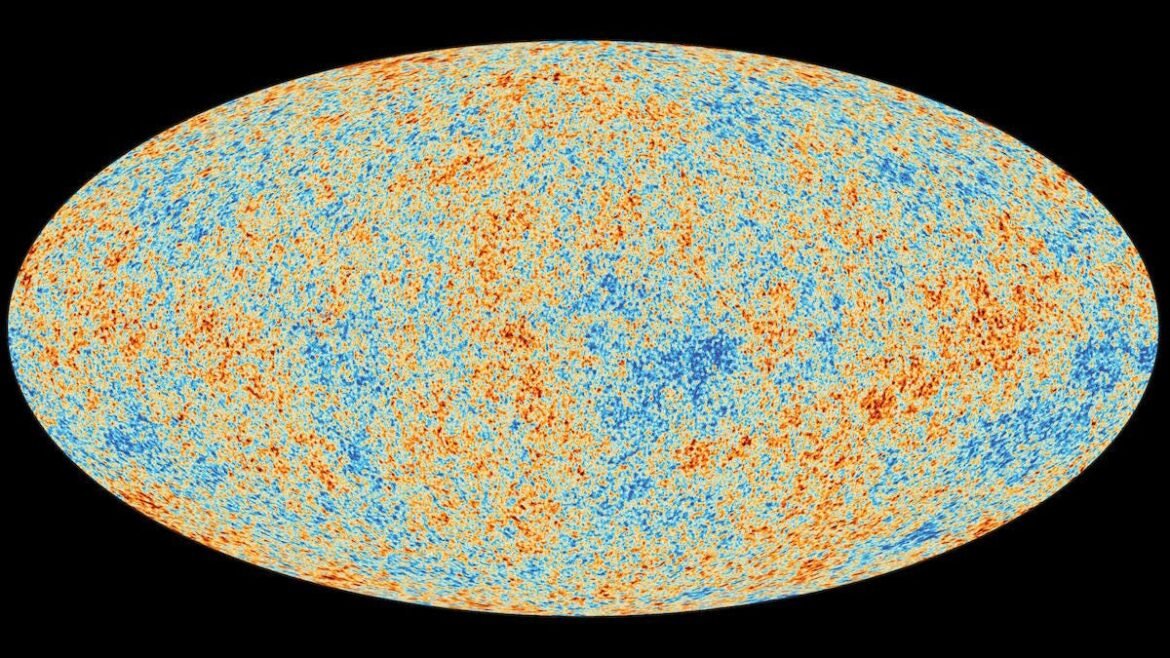Today, the deepest depths of intergalactic space aren’t at absolute zero, but at a chill 2.73 K. How does that temperature change over time?
Our Universe, as best as we understand it, hasn’t been the way it appears today forever. While today’s Universe is filled with rich structures like a cosmic web littered with galaxies, each one containing stars, planets, and enormous possibilities for inhabited worlds, if we look back billions of light-years away — and hence, billions of years into the cosmic past — we find that there was once an early time where none of these things yet existed. The Universe, long ago, was more uniform, less clumpy, less evolved, and importantly, smaller in size. The last part is vital to our understanding of space, because it’s an inevitable consequence of the fact that the Universe expands over time.
As the Universe expands, something that’s counterintuitive for many of us, it also cools, as the photons within it not only dilute with increasing volume, but as the wavelengths of individual photons stretch to greater lengths as the space through which they travel expands. It’s why we say our cosmic past didn’t just include a Big Bang, but a hot Big Bang, where not only densities but also…

